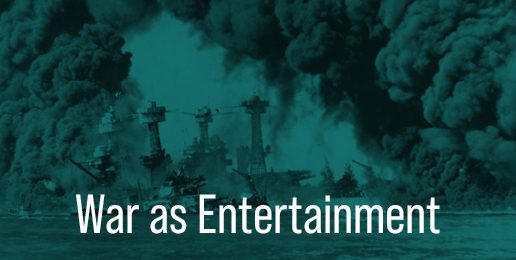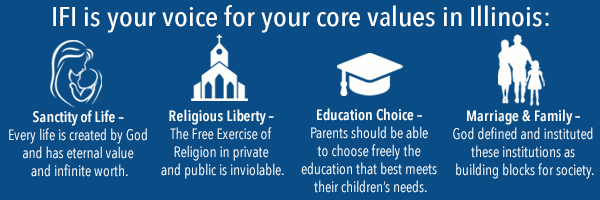
Tomorrow will be the annual recognition of Pearl Harbor Day.
It seems like the more that time separates us from the horrific events of that day, the less significant is the place it holds in our memories. December 7th, 1941, was ten years before I was born. So my early school years included rather fresh tributes and recollections.
It’s reported that dozens of Illinois servicemen died in the Japanese attack on Pearl Harbor on December 7, 1941. Among the dead were 2 men from Joliet who perished with the sinking of the USS Arizona—the ship most synonymous with Pearl Harbor. A number of men from Illinois died on that ship alone.
Seaman 1st Class Louis Cabay of Joliet was just 18 years old at the time he died at Pearl Harbor. Ensign Edward Gosselin was also from Joliet. This 24-year-old had attended Yale before enlisting in the Navy in September 1940. Shortly before the December 7th attack, he had been promoted to an officer in charge of some 90 men.
Three years after this death, a destroyer escort—the USS Gosselin—was named after him.
Of course, each of the souls who died on the USS Arizona had stories that could be told. Leo Paul Cotner of Leonore in La Salle County enlisted on March 11, 1941, just two months after his 17th birthday. Reports give us a hard truth: Pearl Harbor left behind many widows and fatherless children.
How do you capture the drama of that attack on December 7th, 1941? The movie Pearl Harbor, shown in theaters in 2001, made an attempt. As all war movies do. It’s the valiant effort made to show us the horrors of war. But it’s nothing like really being there.
Nothing.
Take your pick. Patton. Full Metal Jacket. Hacksaw Ridge.
Several years ago around Veterans Day, a columnist named Brittany Ramjattan wrote a piece titled, “Movies with the Most Realistic Combat Scenes, According to Veterans.” The objective was to determine which movies vets believed treated “its combat with the most respect and realism.”
Among the picks of these veterans:
Dunkirk. Acclaimed as one of the best World War II films, the film recounts the story of trapped British and French forces attempting to evacuate a war-torn beach in May, 1940.
“Dunkirk recreated the plight of tending to your fellow soldier while being under constant threat of bombardment,” said Tan Vega, a veteran of the U.S. Marine Corps.
Saving Private Ryan. An Empire Magazine review of the Omaha Beach landing described it as “the best battle sequence of all time.” Portrayal of characters and the depiction of realistic war events was unique. Saving Private Ryan is the story of a few soldiers who venture behind enemy lines to save Private James Ryan.
“The most realistic thing about Saving Private Ryan is nothing is off the table,” said Gay Dimars, a veteran of the Vietnam War. “The water’s bloody, the soldiers are nauseous, and as an audience, we’re there with them.”
Platoon was the first Hollywood film to be written and directed by a veteran of the Vietnam War. In this film, the audience was able to sense “the confusion, psychological trauma, and deep-seated violence Vietnam veterans endured.”
Black Hawk Down.
“The combat is realistic, but many details miss the mark,” said one Air Force veteran. “What it does really well is explain how a noble cause could go south really quickly.” (referring to the Battle of Mogadishu.)
Filmgoers witnessed the harsh realities of urban combat that our soldiers were forced to endure.
And then there’s Pearl Harbor. The movie that starred Ben Affleck.
Nine members of the Toledo chapter of the Pearl Harbor Survivors Association attended the first screening near Toledo 60 years after the attack. The men sat stoically as wave after wave of Japanese planes bombed ships at anchor in the harbor and grounded planes at the airfield. From the nine Pearl Harbor survivors, seven described the movie as lame.
The most common complaint? “Too spectacular.”
Too many explosions, too many bodies tossed into the air—a historical event on steroids.
The Bible is replete with war stories. Killing upon killing. Blood flowing everywhere. Makes you wonder how God puts up with us. Yet the blood of one man paid the debt for the most gruesome transgressions of mankind.
“He is so rich in kindness and grace that he purchased our freedom with the blood of his Son and forgave our sins.” Ephesians 1:7 (NLT)
War movies like Pearl Harbor only capture part of the horrific story. It seems rather insulting to watch it unfold with buttered popcorn and junior mints.
Somehow, war as entertainment misses the mark.




















